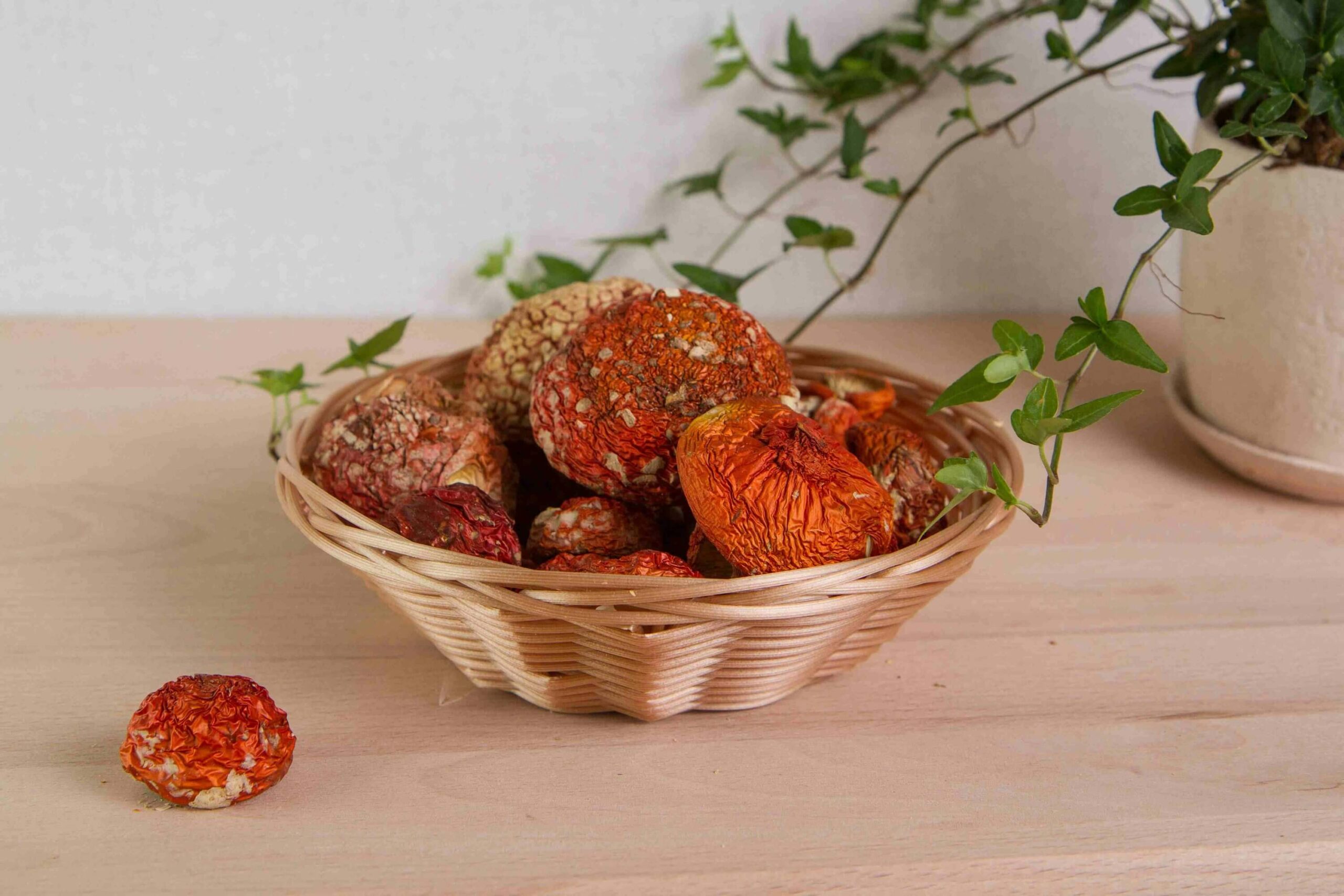
Wearing a mask and frequent handwashing is crucial in the prevention of COVID-19 transmission not only to yourself but to the rest of the population as well. However, washing your hands and using sanitizer more frequently than usual can dry out your skin, while wearing a face mask can lead to skin rashes and acne breakouts.
To avoid these problems from affecting your skin, here are several tips that can help:
Avoid wearing makeup under the mask
The combination of makeup, sweat, and friction can irritate your skin underneath the mask. Although wearing makeup does not reduce the effectiveness of your mask, according to dermatologist and associate professor Dr. Carrie L. Kovarik of the University of Pennsylvania, wearing makeup underneath a mask can be bad for your skin.
If it’s an absolute must for you to wear a full face of makeup even though the lower half of your face will be covered, opt for waterproof makeup that does not smudge and use a setting spray. If your skin still gets irritated or breaks out, talk to a dermatologist about options you may have for treatment.
Clean and moisturize before and after wearing a mask
Wash your hands with soap and water for at least 20 seconds before touching your face. Then, clean and moisturize your face before and after putting on your mask. This will help remove excess dirt from your face and prevent your skin from drying out underneath the mask.
It also helps to choose non-comedogenic skincare products to prevent clogging of pores. If you have sensitive skin, stick to the products that work best for you.
Treat mask-ne
Wearing a mask for long periods of time can lead to ‘mask-ne’ or acne caused by wearing a face mask. If you break out because of extended face mask use, clean your skin with a gentle cleanser once a day. Resist the urge to wash multiple times a day since this can dry out your skin and make your acne even worse. Avoid touching, popping, or squeezing pimples, too, to avoid causing inflammation or infection.
If your acne refuses to disappear or gets even worse, consult with a dermatologist to find out which products will work best for you.
Use a lighter moisturizer
If you are spending less time outdoors due to the pandemic and are experiencing breakouts or clogged pores, try replacing your high SPF sunscreen with a lighter moisturizer with a bit of sun protection. When going out, keep in mind that you still need to apply sunscreen to your whole face even while you’re wearing a mask.
Wash hands gently
Cleaning your hands frequently is important to prevent the spread of COVID-19, but you shouldn’t be rough with your hands. Similarly, avoid using hot water to wash your hands as this can increase the risk of skin damage. Lukewarm or cold water is just as effective in hand washing.
Moisturize your hands regularly
Since you are washing your hands more frequently, it’s imperative that you replace the moisture that gets stripped away from your skin while using hand soaps. After washing and drying your hands, use a light moisturizer on your skin, and apply more as needed throughout the day.
Hand sanitizer can also dry out skin pretty quickly. To avoid this, apply moisturizer or hand cream on your skin after the sanitizer dries.
Curb stress
Stress is a common cause of acne, so to avoid breaking out, try to reduce your stress levels as much as possible. Take a break from social media, meditate, do yoga, spend time with your loved ones, do a spa day at home–whatever strategy you use, the goal is to reduce the stress that is causing your skin irritation and breakouts. If you have trouble coping with stress, however, consider booking an appointment with a therapist that can help you find ways to manage your stress amidst the pandemic.
Relieve blisters and wounds
Wearing face masks for very long periods of time can also cause blisters to form on the skin, which can be painful and irritating. If you get a blister from wearing a mask, apply an antibiotic ointment to the affected area to prevent infection. Moreover, prevent the blister from rubbing up against the mask by placing a bandage between them.
To avoid blisters and wounds from forming altogether, apply zinc oxide to the bridge of your nose, around your cheeks, behind your ears, and other areas of your skin that are rubbing up against the mask.
We can’t stop wearing masks and washing our hands, but we can prevent our skin from drying out and getting irritated. If your skin problems persist, however, book a virtual consultation with your dermatologist before the issue gets worse.
Meta title: How to Take Care of Your Skin during COVID-19
Meta description: Proper skin care should continue even if we are facing a health crisis. Find out how you can avoid skin problems due to mask-wearing and frequent handwashing.











